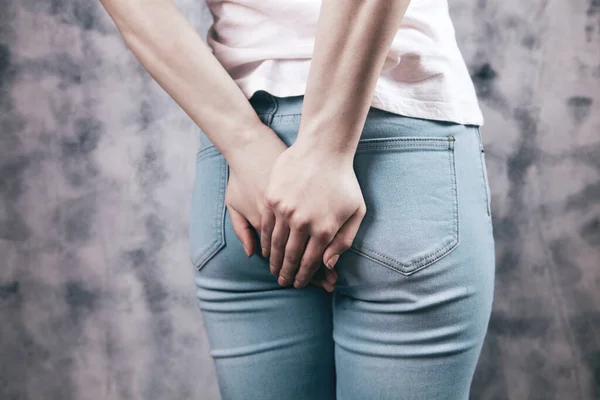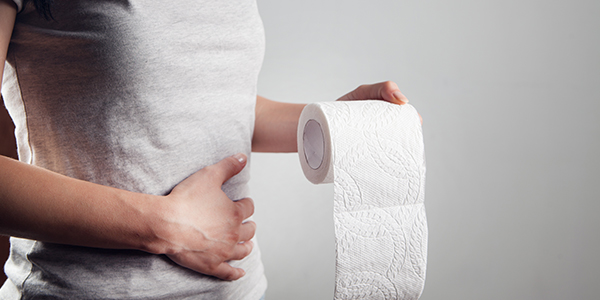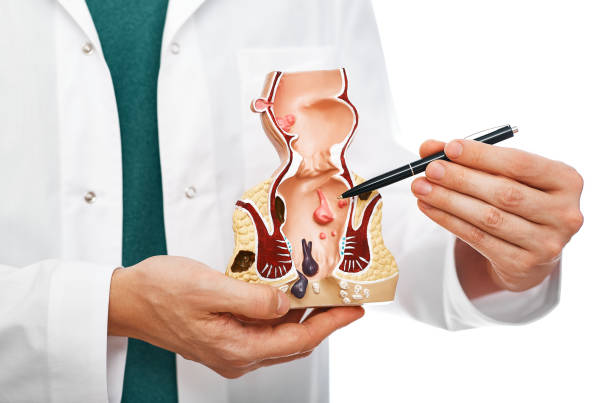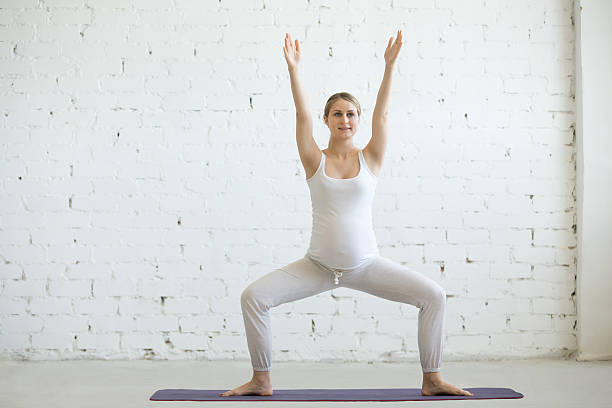Back
Understanding Hemorrhoids and the Pelvic Floor Involvement
By Dr. Christine Martirez PT, DPT on 1/19/2024

Hemorrhoids affect millions of individuals, creating not only physical pain but also an emotional burden. In this blog post, we'll explore the reasons behind the development of hemorrhoids, their potential impact on the pelvic floor, and various treatment options designed to provide relief and restore well-being.
Why Do People Get Hemorrhoids?
Hemorrhoids, also known as piles, result from the swelling of veins in the rectal and anal area. Several factors contribute to their development:
Straining During Bowel Movements:
Chronic straining, often caused by constipation or hard stools, can exert pressure on the blood vessels in the rectum, leading to hemorrhoids.Pregnancy and Childbirth:
The increased pressure on the pelvic area during pregnancy, along with the strain of childbirth, can contribute to the development of hemorrhoids.Sedentary Lifestyle:
Lack of physical activity and prolonged periods of sitting or standing can impede blood circulation, potentially leading to hemorrhoid formation.Obesity:
Excess body weight can place additional pressure on the pelvic region, increasing the likelihood of developing hemorrhoids.Genetic Predisposition:
Some individuals may be genetically predisposed to weak veins or connective tissues, making them more susceptible to hemorrhoids.

Hemorrhoids and the Pelvic Floor:
Hemorrhoids can have a notable impact on the pelvic floor, the network of muscles, ligaments, and tissues supporting the pelvic organs. Here's how:
Pelvic Floor Dysfunction:
Straining associated with hemorrhoids can contribute to pelvic floor dysfunction. The increased pressure may disrupt the balance of the pelvic floor muscles, leading to issues like pelvic pain or discomfort.Rectal Prolapse:
In severe cases, untreated hemorrhoids can contribute to rectal prolapse, where the rectum protrudes from the anus. This condition can strain the pelvic floor and lead to further complications.

Treatment Options for Hemorrhoids:
Lifestyle Modifications:
Increase fiber intake to promote regular bowel movements and prevent constipation.
Stay hydrated to soften stools.
Engage in regular physical activity to improve circulation and promote bowel regularity.
Topical Treatments:
Over-the-counter creams or ointments containing ingredients like hydrocortisone can provide relief from itching and discomfort.
Warm Baths (Sitz Baths):
Soaking in warm baths can help reduce swelling and alleviate symptoms.
Medical Procedures:
Rubber band ligation: A procedure where a rubber band is placed around the base of the hemorrhoid to cut off blood flow, causing it to shrink and fall off.
Sclerotherapy: Injection of a chemical solution into the hemorrhoid to shrink it.
Infrared coagulation: Application of heat to shrink the hemorrhoid.
Surgical Intervention:
Hemorrhoidectomy: Surgical removal of hemorrhoids, typically reserved for severe cases.

Holistic Healing with Pelvic Floor Physical Therapy:
Pelvic floor physical therapy can play a crucial role in managing hemorrhoids and their impact on the pelvic floor:
Muscle Relaxation Techniques:
Therapists can teach relaxation techniques to alleviate tension in the pelvic floor muscles.
Biofeedback:
Biofeedback sessions help individuals gain control over their pelvic floor muscles, promoting better coordination and function.
Manual Therapy:
Hands-on techniques can be used to release tension and improve the overall function of the pelvic floor and surrounding muscles.
Education on Bowel Health:
Therapists provide guidance on proper bowel habits and lifestyle modifications to prevent the recurrence of hemorrhoids.
Hemorrhoids are a common ailment that can significantly impact pelvic floor health. By understanding the root causes, recognizing their effects on the pelvic floor, and exploring various treatment options, individuals can take proactive steps towards healing and restoring comfort.
At Pelvic Health Physical Therapy, our physical therapists will provide you with a thorough evaluation to determine what the best treatment plan will be for you. We understand how inhibiting pain and stiffness can be, and we want to help get you back to comfortably living your life. We'll help lift all of your physical stresses away! Please email receptionmadison@pelvichealthnj.com to book an appointment, or call our office at 908-443-9880.
Read More:
Fascial Counterstrain of the Musculoskeletal System By Shannon Strauch, PTA, STMT-1 on 10/21/2024 How treating cartilage and fascia can help reduce joint pain and improve organ function The Impact of Long-Distance Cycling on the Pelvic Floor: Pudendal Nerve and Pelvic Dysfunction By Dr. Christine Martirez PT, DPT on 10/18/2024 Learn how long distance cycling can impact the pelvic floor
Are you ready to live pain free?
Request An Appointment